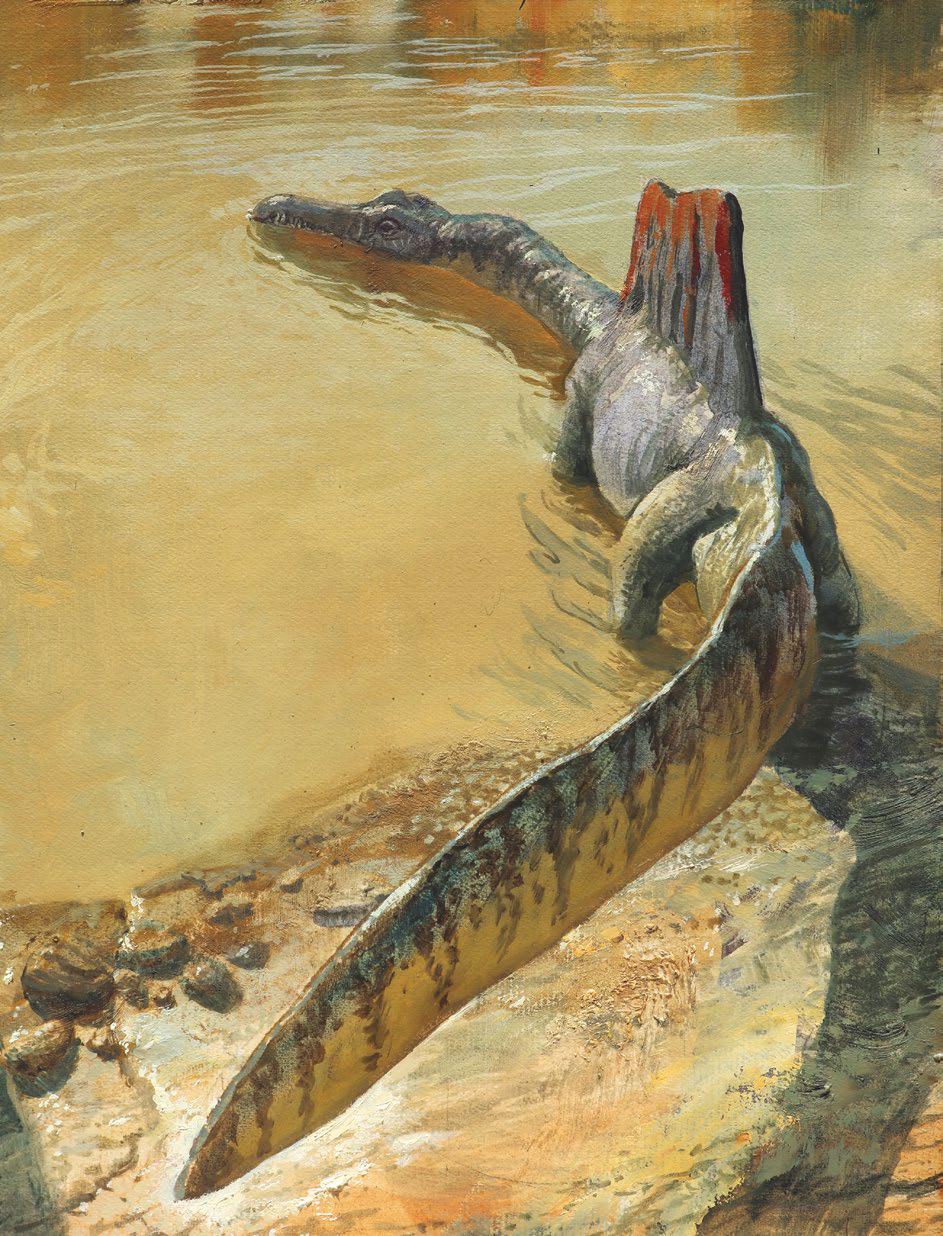
When a nature magazine asks me to illustrate a story about recent dinosaur discoveries, I need to create realistic pictures of these extinct animals. My oil paintings will appear in the context of a magazine known for its wildlife photos, so the paintings have to fit in and feel believable. The following 10 strategies are useful not only for painting dinosaurs, but for visualizing any kind of imaginary scene.
1. CHOOSE AN INTERESTING ANGLE
This dinosaur is called Thanatotheristes, which means "reaper of death." In the small color sketch, I try an unusual angle. The typical choice is a straight side view, but that may not be the best way to tell the story. In this case, I choose an eye level close to the height of the dinosaur as it runs toward us. The light is coming from behind him, which makes it feel like he's running through a clearing in the forest.
2. PLAN WITH A COLOR SKETCH
For each of the dinosaur paintings I create at least one small color sketch to plan the composition. For Thanatotheristes, I try out the idea of a light greenish color behind the head. I share the sketch with the art director so he knows what I'm planning. At last I'm ready to embark on the final painting, feeling more confident about my color choices. I lay out the pose on the illustration board by drawing the outline in pencil, then sealing the drawing with acrylic matte medium before proceeding with oil.
3. USE WILDLIFE PHOTOS FOR REFERENCE
Bu hikaye International Artist dergisinin Station Points sayısından alınmıştır.
Start your 7-day Magzter GOLD free trial to access thousands of curated premium stories, and 9,000+ magazines and newspapers.
Already a subscriber ? Giriş Yap
Bu hikaye International Artist dergisinin Station Points sayısından alınmıştır.
Start your 7-day Magzter GOLD free trial to access thousands of curated premium stories, and 9,000+ magazines and newspapers.
Already a subscriber? Giriş Yap
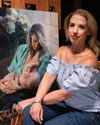
Fresh Eyes
Anna Rose Bain discusses the passions of being an artist and helping students transform their own work
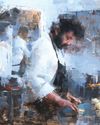
The Next Level
Jacob Dhein uses a wet-into-wet technique to create painterly depictions of a variety of subjects
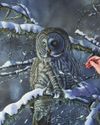
Wild Spirit
Alternating between broad glazes and fine details, Claire Milligan captures the intricacies of the animal kingdom
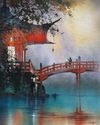
The Bridge Between
Watercolorist Thomas Wells Schaller delves into the nuances of observation and imagination
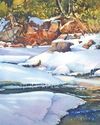
The Color Continuum
Catherine Hearding demonstrates how she utilizes color to enhance the mood of her landscapes
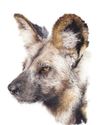
Points of Precision
A strong focal point and attention to detail make Nicola Jane's artwork jump off the page
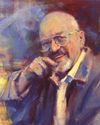
BE YOURSELF
Harley Brown's fascinating things no one else will tell you
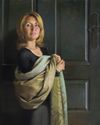
JEFFREY T. LARSON
Expertly Putting the Pieces Together
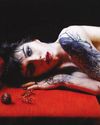
Hot-Blooded
Blending elements of realism and surrealism, figurative artist Anna Wypych’'s paintings are dominated by vivid reds
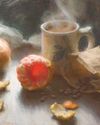
Adam Clague Incandescence
Adam Clague’s masterful understanding of contrast allows him to paint subjects that seem to glow from within